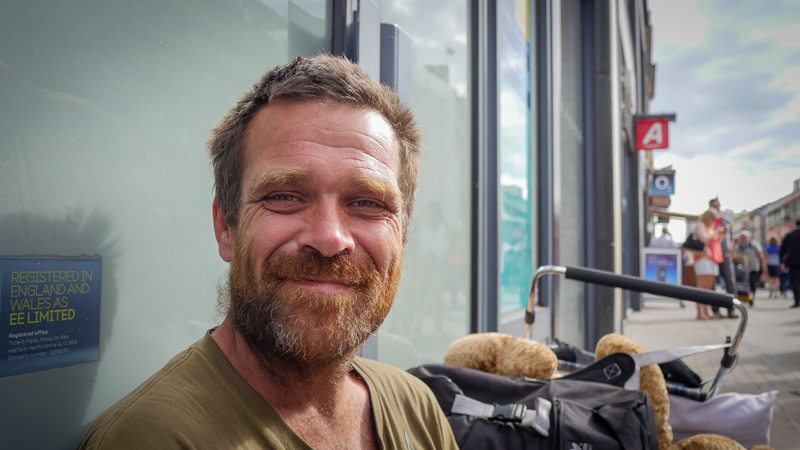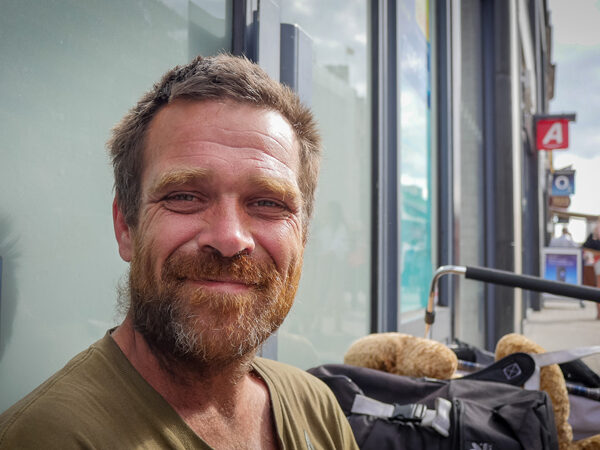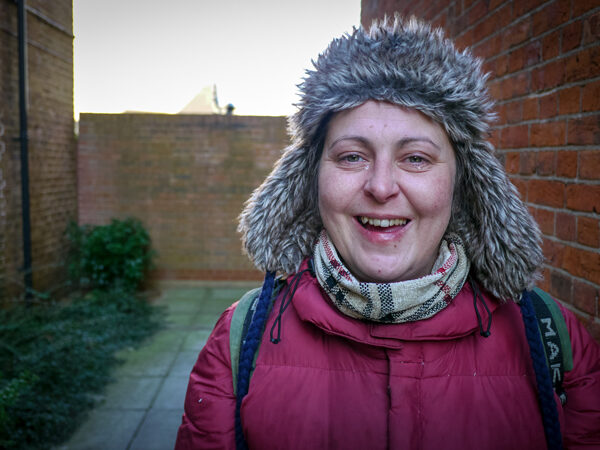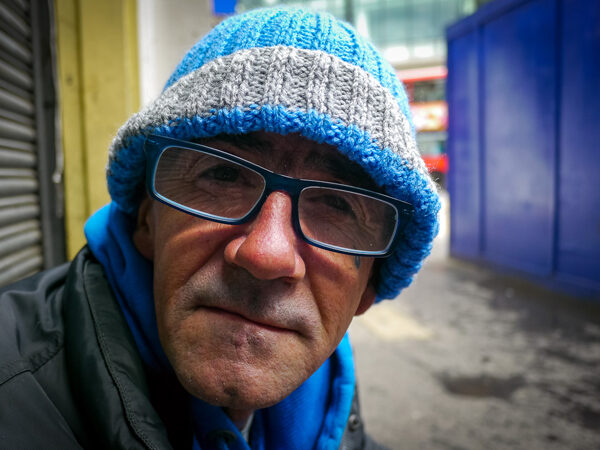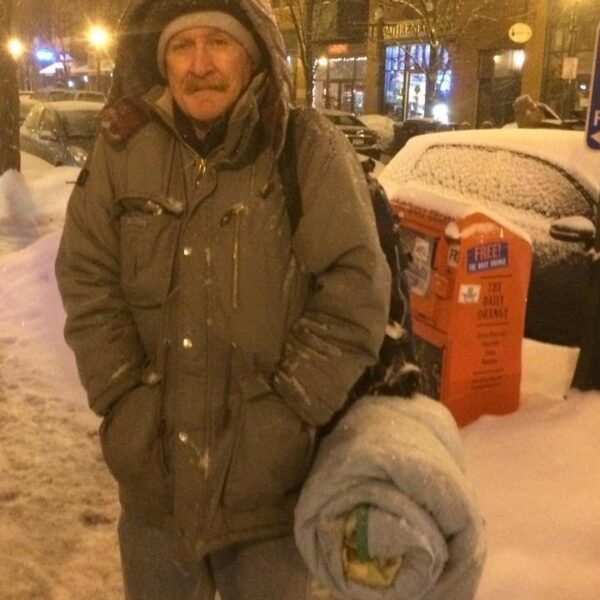Homelessness in the United Kingdom
All four countries in the United Kingdom (England, Scotland, Wales, and Northern Ireland) have segments of the population struggling with housing and homelessness.
England’s overall homeless population in 2021 was 274,000, according to the homelessness charity Shelter. Of this total, “rough sleepers” account for the most noticeable sub-population. These are individuals who sleep outside on the streets, doorways, benches, etc. Statistics show 2,688 rough sleepers on the streets of England on any given night in 2021.
In Scotland, The Homelessness Monitor: Scotland 2021 reported that nearly 27,571 households were “legally homeless.” Approximately 13,000 households were in temporary housing, which was well above the previous peak of 11,665 in 2020. In Wales in 2020-21:
- 7,290 households were at risk of becoming homeless
- 13,161 households were assessed as homeless
- 3,795 households were homeless and in priority need
- 3,729 households were in temporary accommodation
In Northern Ireland, reports listed around 15,991 households presenting as homeless in 2020-21, and 9,889 households were accepted as “Full Duty Applicant” cases.
Homeless in the United Kingdom: Who Are They?
The United Kingdom (UK) defines homelessness by using three categories:
- Rough sleepers are the most visible and vulnerable people experiencing homelessness. Many rough sleepers face negative health conditions, such as mental health issues or substance use disorders. These factors increase the struggles of an already vulnerable population.
- The hidden homeless are individuals who can live inside and off the streets, but don’t have their own residence. These individuals, known as “sofa surfers,” live with friends or family or in hotels, motels, hostels, bed and breakfasts, and other types of non-permanent housing.
- The statutory homeless are those who are eligible for assistance from their local authority. They are judged to be both unintentionally homeless and to meet criteria of priority need. These individuals or households are generally designated most vulnerable and are able to access specific benefits.
As in the United States, primary causes of people becoming homeless in the United Kingdom are poverty and unemployment combined with high rents and the lack of affordable housing. Various social issues can also lead to homelessness.
People experiencing mental health or substance abuse issues with lack of support or care can wind up experiencing homelessness. Life events, such as domestic violence, the death of a parent or spouse, or the end of a relationship, can also lead to homelessness. Finally, people can become homeless when they leave prison, care, or the army and have no place to live when they return.







